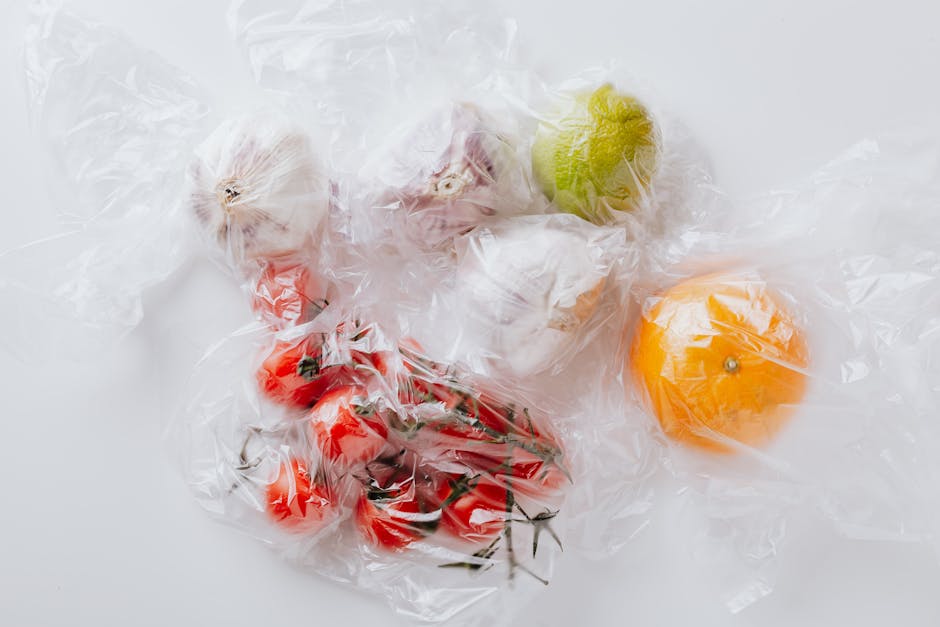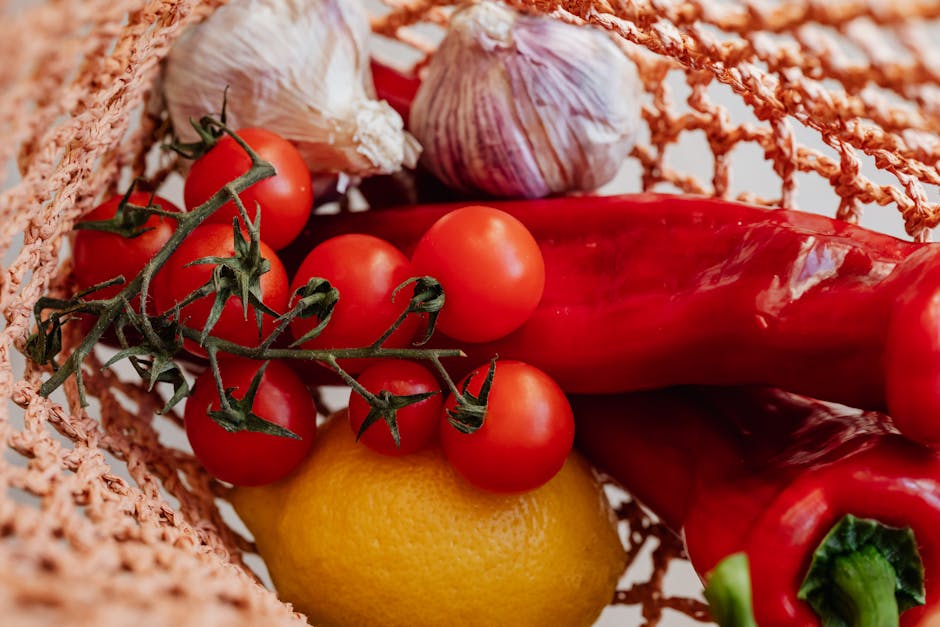Foods to Reduce Inflammation Naturally: A Comprehensive Guide
Welcome to our guide on foods to reduce inflammation naturally. Inflammation is a natural response by the body to protect itself from harm and promote healing. However, chronic inflammation can lead to various health issues, including heart disease, diabetes, arthritis, and even cancer. The good news is that certain foods have been found to have anti-inflammatory properties, helping to reduce inflammation and improve overall health. In this article, we will explore the science behind inflammation, the role of diet in managing inflammation, and specific foods that can help combat inflammation effectively.
Understanding Inflammation

Inflammation is a complex biological response of the body to harmful stimuli, such as pathogens, damaged cells, or irritants. Acute inflammation is a normal and beneficial process that helps the body fight infections and heal injuries. However, chronic inflammation, which persists over time, can be detrimental to health. Chronic inflammation is believed to play a key role in the development of various chronic diseases, including heart disease, cancer, obesity, and autoimmune disorders.
There are two main types of inflammation: acute and chronic inflammation. Acute inflammation is a short-term response that is typically triggered by an injury or infection. It is characterized by symptoms such as redness, swelling, heat, and pain. Chronic inflammation, on the other hand, is a long-term response that can last for months or even years. It is often low-grade and systemic, affecting the entire body.
Chronic inflammation is believed to be at the root of many common diseases, including heart disease, diabetes, arthritis, Alzheimer’s disease, and certain types of cancer. Inflammation is thought to contribute to these diseases by damaging tissues, disrupting normal cell function, and promoting the growth of abnormal cells.
The Role of Diet in Inflammation

Diet plays a significant role in inflammation. Certain foods can promote inflammation, while others have anti-inflammatory properties. A diet rich in processed foods, refined sugars, trans fats, and excessive amounts of omega-6 fatty acids can contribute to inflammation. On the other hand, a diet that is high in fruits, vegetables, whole grains, healthy fats, and lean proteins can help reduce inflammation and promote overall health.
Research has shown that certain nutrients and compounds found in food can help modulate the inflammatory response in the body. These include antioxidants, omega-3 fatty acids, and polyphenols. By incorporating these nutrients into your diet, you can help reduce inflammation and lower your risk of chronic diseases.
Best Foods to Reduce Inflammation Naturally

Now that we understand the importance of diet in managing inflammation, let’s take a closer look at some of the best foods to reduce inflammation naturally:
1. Fatty Fish

Fatty fish such as salmon, mackerel, sardines, and trout are rich in omega-3 fatty acids, which have been shown to have powerful anti-inflammatory effects. Omega-3 fatty acids help reduce inflammation by inhibiting the production of inflammatory molecules in the body. Studies have shown that consuming fatty fish regularly can help lower levels of inflammatory markers in the blood and reduce the risk of chronic diseases.
2. Berries
Berries such as strawberries, blueberries, raspberries, and blackberries are packed with antioxidants, which help fight inflammation and oxidative stress in the body. Antioxidants help neutralize harmful free radicals that can cause inflammation and damage cells. Including a variety of berries in your diet can help reduce inflammation and protect against chronic diseases.
3. Leafy Greens
Leafy greens, such as spinach, kale, and collard greens, are rich in vitamins, minerals, and antioxidants that help reduce inflammation. These greens are also high in fiber, which can help support a healthy gut microbiome. A healthy gut is essential for reducing inflammation and promoting overall health.
4. Turmeric
Turmeric is a spice that contains a compound called curcumin, which has potent anti-inflammatory properties. Curcumin has been shown to help reduce inflammation by inhibiting inflammatory pathways in the body. Including turmeric in your diet, either by adding it to dishes or taking it as a supplement, can help combat inflammation and reduce the risk of chronic diseases.
5. Nuts and Seeds
Nuts and seeds, such as almonds, walnuts, chia seeds, and flaxseeds, are excellent sources of healthy fats, fiber, and antioxidants that help reduce inflammation. These foods are also rich in omega-3 fatty acids, which have been shown to have anti-inflammatory effects. Including a variety of nuts and seeds in your diet can help lower levels of inflammation and improve overall health.
6. Olive Oil
Extra virgin olive oil is a staple of the Mediterranean diet and is known for its anti-inflammatory properties. Olive oil contains oleocanthal, a compound that has been shown to have similar anti-inflammatory effects to ibuprofen. Including olive oil in your diet can help reduce inflammation and lower the risk of chronic diseases.
7. Green Tea
Green tea is rich in antioxidants called catechins, which have been shown to have anti-inflammatory effects. Drinking green tea regularly can help reduce inflammation and protect against chronic diseases. Green tea is also a great alternative to sugary beverages, which can promote inflammation in the body.
Common Misconceptions About Foods to Reduce Inflammation Naturally
There are several common misconceptions about foods that can reduce inflammation naturally. One misconception is that all fats are bad for inflammation. While trans fats and excessive amounts of omega-6 fatty acids can promote inflammation, healthy fats such as omega-3 fatty acids found in fatty fish, nuts, and seeds can actually help reduce inflammation.
Another misconception is that all fruits and vegetables are equally effective at reducing inflammation. While all fruits and vegetables provide essential nutrients and antioxidants, certain foods such as berries, leafy greens, and turmeric have been shown to have stronger anti-inflammatory properties compared to other foods.
Conclusion
In conclusion, reducing inflammation naturally through diet is an effective way to improve overall health and reduce the risk of chronic diseases. By incorporating anti-inflammatory foods such as fatty fish, berries, leafy greens, turmeric, nuts and seeds, olive oil, and green tea into your diet, you can help combat inflammation and promote optimal health. Remember to focus on a balanced diet that includes a variety of nutrient-rich foods to support overall well-being and reduce inflammation in the body.
Now that you have a better understanding of foods to reduce inflammation naturally, take the first step towards a healthier lifestyle by incorporating these foods into your daily meals. Your body will thank you for it!




